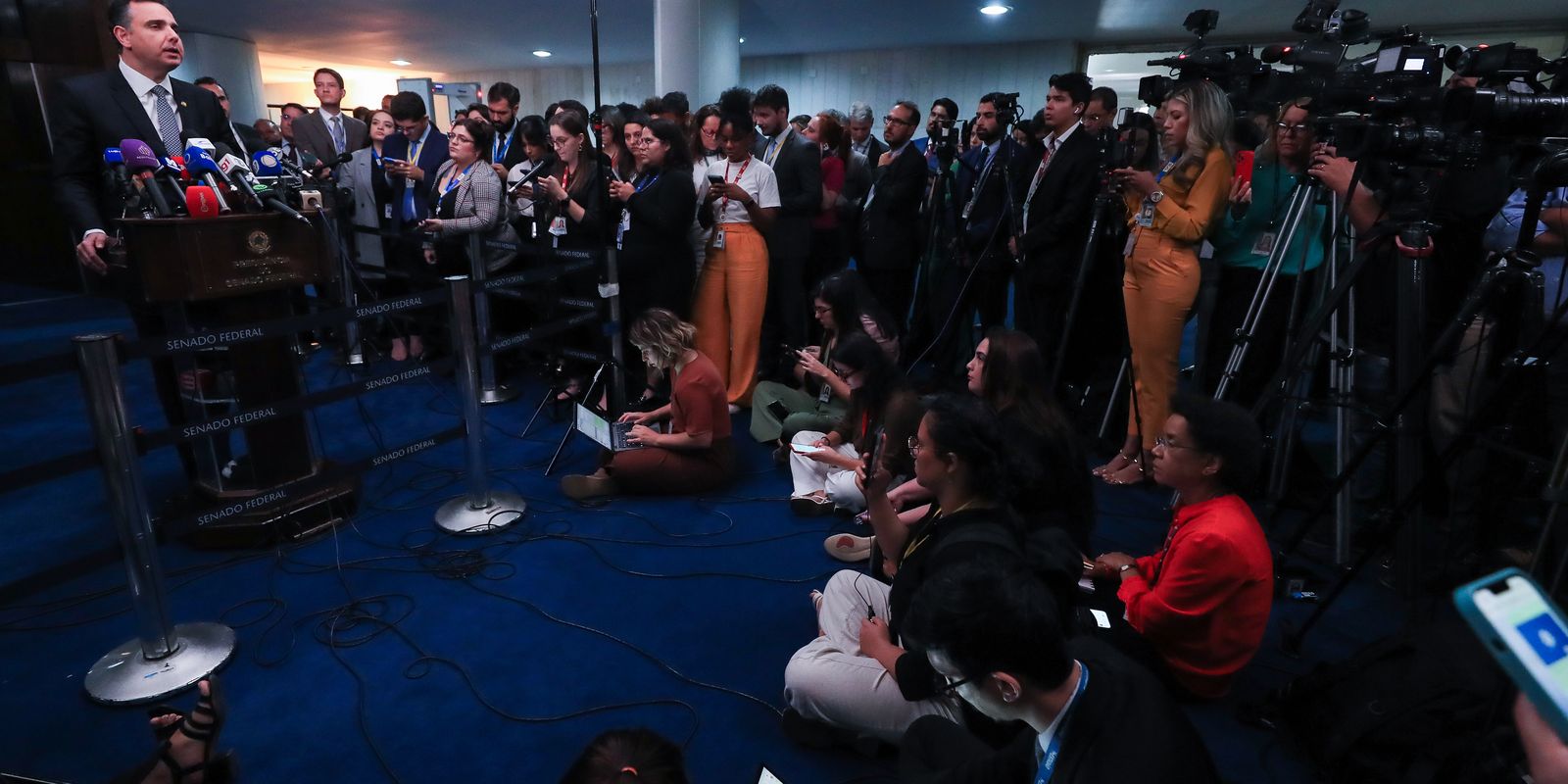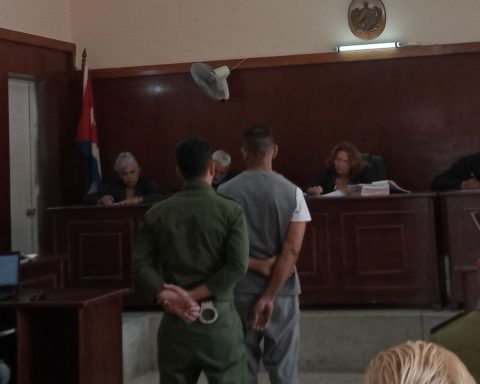Senate President Rodrigo Pacheco (PSD-MG) said on Tuesday (20) that cases of misuse of public money do not only happen with parliamentary amendments and that these situations should be treated as an exception. Earlier, the senator participated in a meeting with the presidents of the Supreme Federal Court (STF), Luís Roberto Barroso, and the Chamber of Deputies, Arthur Lira (PP-AL), as well as government representatives, to discuss new criteria for the release of amendments parliamentarians to the Union Budget. 
“Cases of misappropriation of public funds, misappropriation of resources, and misuse of resources can occur in the budgets of municipalities, states, and the federal government, with parliamentary amendments. There are a number of possibilities for this to happen and this must be prevented and recognized as exceptions that must be combated by the control bodies. But budget execution cannot be made unfeasible based on the assumption that everything is wrong,” he said after the meeting.
Also participating in the meeting were the Minister of the Civil House, Rui Costa, the Attorney General of the Union, Jorge Messias, and the Attorney General of the Republic, Paulo Gonet, in addition to all the ministers of the STF.
It was decided at the meeting that the parliamentary amendments will remain in place, but they must follow traceability criteria, in addition to reporting to the Federal Court of Auditors (TCU). For Pacheco, individual, bench and committee amendments are legal and legitimate instruments of budgetary participation by the Legislative branch, but they must undergo adjustments “to seek the greatest possible transparency, traceability and efficiency in public spending”.
Representatives of the three branches of government at the meeting decided to maintain individual parliamentary amendments for special transfers, known as “Pix amendments,” as long as they define the purpose and purpose of the funds in advance and are granted primarily for unfinished projects. Pacheco said that there was some consideration of eliminating this type of amendment, but it was understood that they could be useful for Brazil’s budget execution, especially in situations where there are unfinished projects.
According to the Senate President, one of the adjustments made at the meeting was the understanding that parliamentary amendments are important instruments for designing the budget. “The budget does not belong exclusively to the Executive, it belongs to Brazil and is drawn up by both the Executive and the Legislative branches.”
For Pacheco, the meeting was a “very high-level institutional conversation”. “It was a demonstration that democracy is built on the basis of respect for differences and divergences and dialogue, in the search for understanding and consensus, with each power understanding its role in our democracy and in our rule of law”, he said.

















